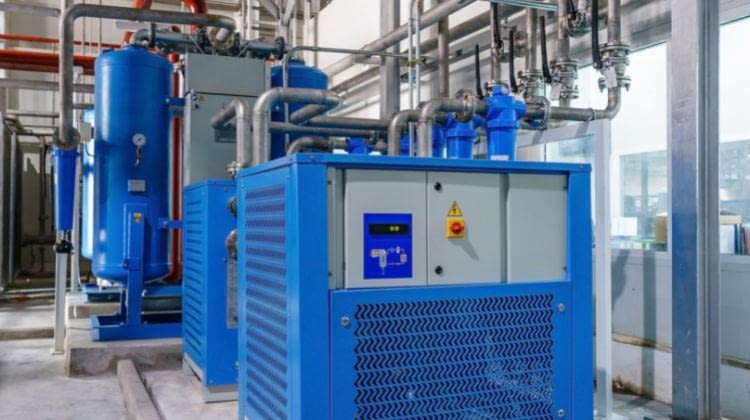
Running a business is no simple feat; there are various elements to monitor to ensure that operations run without a hitch. However, unforeseen circumstances like power outages can occur, throwing a wrench into a typical day of work.
Fortunately, you have a commercial generator to distribute supplemental energy to equipment during these situations. But, thinking big picture, what were to happen if your backup power equipment failed during an outage?
In this article, you’ll delve into three reasons your commercial generator may fail and how to prevent it from happening.
Fuel Contamination
Fuel contamination typically happens during colder months where frost turns into condensation in the fuel supply. When water taints fuel, it may damage the generator by causing an advanced ignition where water lowers the temperature of the system, causing it to overwork.
As most know, stagnant water left anywhere in a machine can cause rust, erosion, and other physical damages. To combat it, consider utilizing fuel stabilizers to protect fuel from combining with water. You can also inspect fuel for discoloration or malodor by collecting a sample.
Battery Failure
Battery failure is one of the most common reasons why commercial generators fail. Typically, routine maintenance is the best preventative measure, and you can do so by hiring a professional to conduct load tests. These tests will provide an insight into power and performance levels, allowing you to take action before failure ruins your equipment.
Battery failure can take place when corrosion starts to build up. With low electrolyte levels being a sign of having to replace your commercial generator, it helps to clean and tighten connections. You can also inspect circuit breakers to ensure operation.
Coolant and Fluid Leaks
You’ll want to monitor and maintain coolant levels; when coolant is low or leaking, the hoses near your unit may develop a crust that can affect their performance. Oil leaks are usually a result of wet stacking that occurs when a generator has excessive load time.
To avoid wet stacking, it’s best to routinely clean the exhaust system by loading equipment to burn off excess fuel. You can also install a recirculating breather to help mitigate oil leaks.
As a business owner, one of the smartest investments is to acquire a generator to keep your company afloat during outages. To protect your investment, it helps to know why your commercial generator may fail so that you can perform preventative maintenance beforehand. After a visual inspection, if you are still unsure how to resolve your commercial generator power, please reach out to a maintenance company or the direct manufacturer.